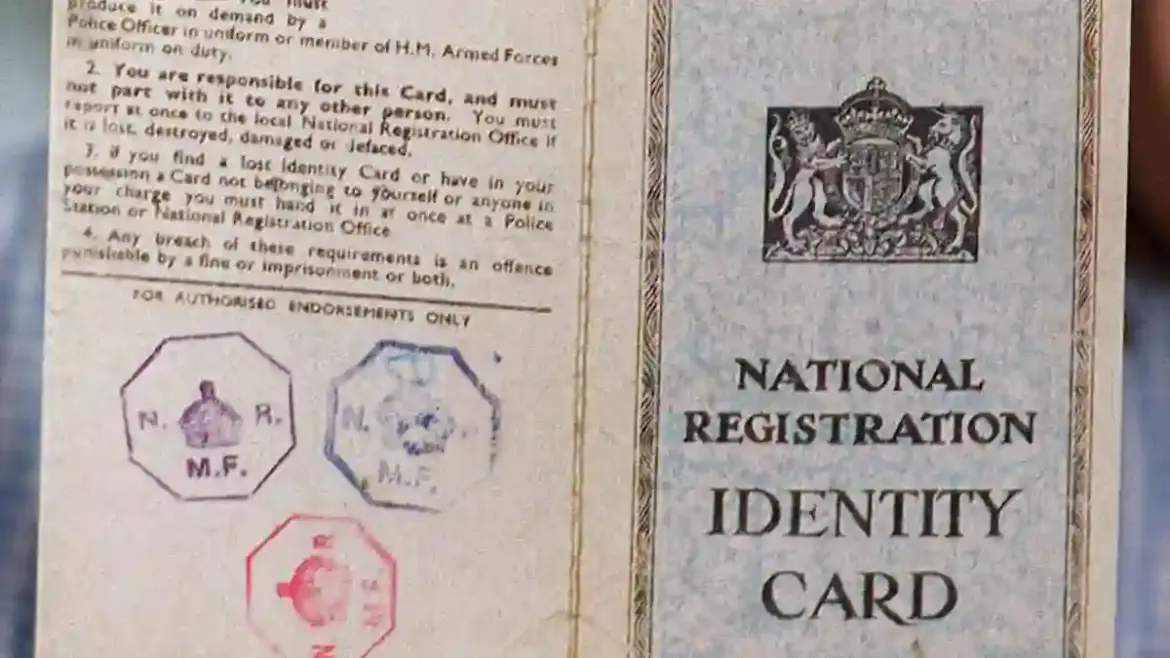It’s often the small encounters abroad that stick with you for life. For me, one of those moments came in Moscow, many years ago, when I crossed paths with a traffic policeman who clearly wanted to make trouble.
He accused me of speeding—a lie—and hurled my papers into the icy slush to remind me he held the power to ruin my evening, or worse.
What he didn’t expect was my quiet reply: “I live here.” The place he had chased me into—26 Kutuzov Avenue—was no ordinary block of flats.
It was once home to Leonid Brezhnev and even KGB chief Yuri Andropov.
It was a residence for the Communist elite. When the officer saw the stamp proving my right to live there, his entire attitude flipped.
Suddenly, I wasn’t prey—I was part of the untouchable world he feared. He picked up my papers, saluted, and hurried away.
That moment taught me more about power than any lecture ever could.
In states like the old Soviet Union, police don’t serve the law—they serve power.
Why That Experience Still Matters
I’ve often been stopped by stone-faced militiamen in such countries, and the lesson was always the same: in most parts of the world, officials don’t need to justify their actions to you. You need to justify yourself to them.
That’s exactly why I never want Britain to slide into the same trap.
The great danger of being British is that too many of us don’t realise how lucky we are.
Abroad, your passport can be the difference between freedom and detention. At home, we barely think about it.
We’ve lived with a unique kind of liberty for centuries—a liberty now at risk if we start surrendering freedoms too easily.
The Threat of Identity Cards
Across Europe, identity cards are normal. Lose yours, and you can quickly find yourself in a nightmare of detention, questioning, or worse.
Even in democratic countries, the state looms above you, and the individual is always beneath it.
That’s why I fear any move to bring identity cards to Britain.
It would turn the relationship between state and citizen upside down.
Instead of the government justifying its authority to us, we would be forced to justify ourselves to every official demanding to see our “papers.”
And don’t be fooled—such a system wouldn’t solve the migrant crisis.
France already has identity cards, yet hundreds of thousands of undocumented migrants live there.
A Different Kind of Border
If our leaders are serious about border control, they should look to physical safeguards rather than digital IDs.
Poland, for example, is building a massive steel barrier along its border with Belarus.
Why not explore something similar in the Channel? Technology surely exists to anchor a barrier at sea, with guarded routes for legal traffic.
Those who try to cross illegally simply wouldn’t succeed.
That would protect freedom here at home far better than forcing every citizen to carry a state-issued card.
A Warning from the Past
This push for identity cards, dressed up as a way to manage migration, comes from the same mindset that has already weakened traditional policing in Britain.
I wrote about this in my 2004 book The Abolition of Liberty, warning that liberty was under threat from an elite convinced of its own righteousness.
The story of Harry Hammond in Bournemouth remains a chilling example.
An elderly man with a simple placard expressing his views was attacked, humiliated, and then arrested—not his attackers, but him. He was fined, and he died soon after.
That’s what happens when the state decides it knows best what people can say and think.
A Future We Must Avoid
If we let this continue, we will end up with a society where identity cards are mandatory, where facial recognition tracks us, where officials can follow our every step.
It’s the dream toolkit of tyrants—Stalin and Hitler would have leapt at such technology.
Britain must not let it happen. We must guard our freedoms fiercely, before convenience and complacency strip them away.
